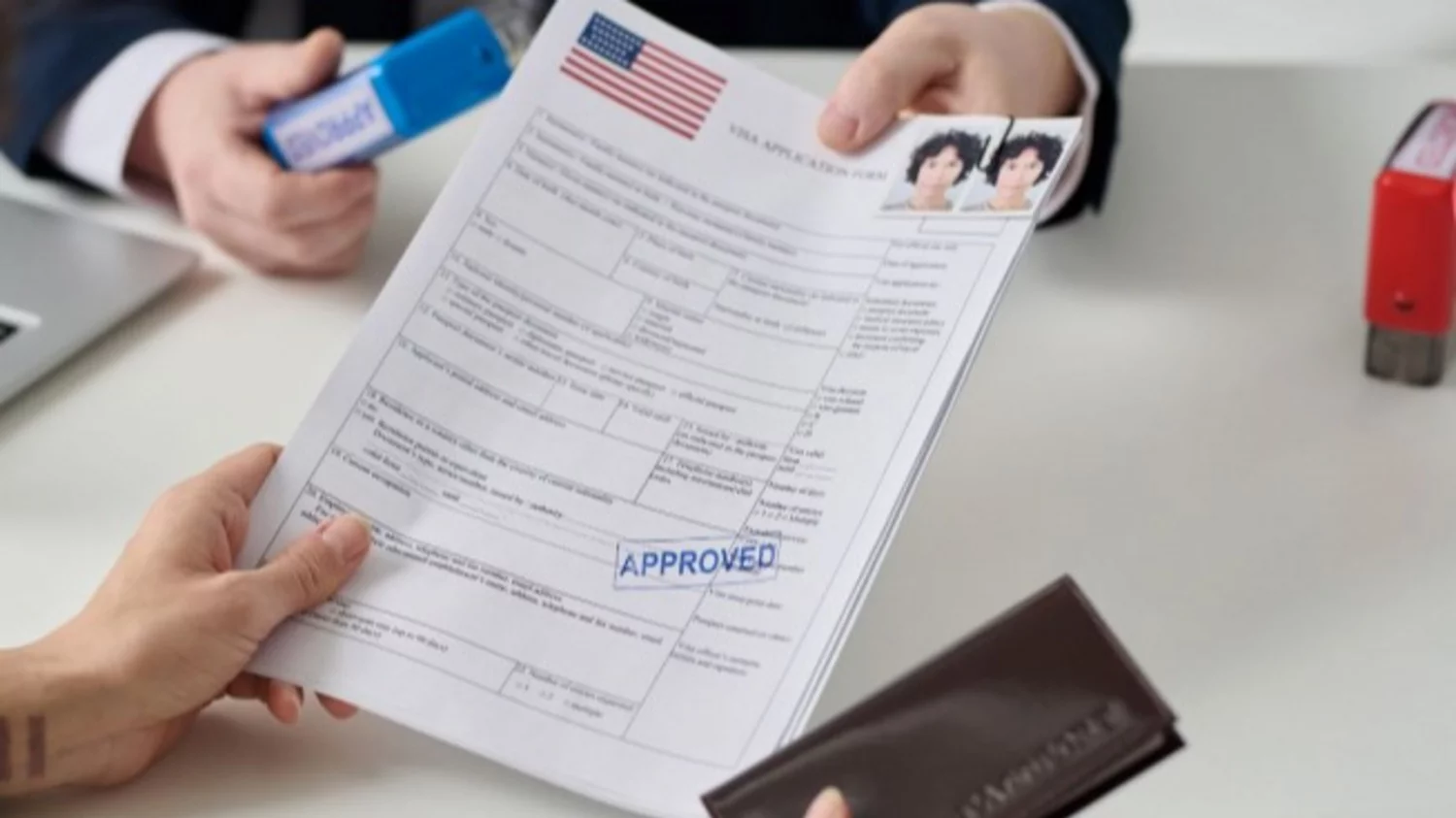As we go deep into 2025, employers in New York must be aware of several legislative changes that will impact labor management. These changes not only affect the compliance of previous regulations, but also introduce new obligations for employers in the state and city of New York.
Below, we detail the most relevant laws and how you can prepare for their implementation.
NEW YORK CLEAN SLATE ACT (OR THE ACT)
What happened before?
Until recently, employers in New York could access criminal background information of applicants and employees, including completed convictions. This created barriers for individuals with criminal records in accessing employment, which impacted their social and economic reintegration.
What happened?
Since November 16, 2024, the Clean Slate Law came into effect, introducing automatic sealing of certain convictions after a specified period of time.
What does this mean for employers?
Employers will no longer be able to access information about sealed convictions in criminal background checks. It is essential for employers to review their hiring and background check policies, as the law prohibits making adverse decisions based on sealed convictions. Additionally, they will need to provide additional notices to applicants and employees about the criminal background information they receive, even if they are not considering taking adverse action.
NEW YORK’S COVID-19 SICK LEAVE LAW
What happened before?
During the pandemic, employers in New York were required to provide paid leave to employees unable to work due to a COVID-19 isolation order. This helped mitigate the spread of the virus and provided financial security to employees during the lockdown.
What happened?
The COVID-19 related sick leave law in New York will expire on July 31, 2025.
What does this mean for employers?
During this period, employers must ensure that their employees receive paid leave if they are unable to work due to a COVID-19 isolation order. However, after this date, employers and employees will revert to the general sick leave provisions outlined in § 196-b of the New York Labor Law; employees may still be eligible for other types of leave under state or local laws, such as the Paid Sick Leave Law or the Paid Family Leave Law.
EXPANDED BENEFITS FOR PREGNANT AND POST-PARTUM EMPLOYEES IN NEW YORK
What happened before?
Until now, legislation in New York provided some benefits to pregnant and postpartum employees, but not all employers complied with the required standards, and some did not offer adequate lactation spaces.
What happened?
Recently, New York implemented new laws to expand benefits for pregnant and postpartum employees.
What does this mean for employers?
Starting June 19, 2024, employers must offer 30-minute paid breaks to employees who are breastfeeding to allow them to pump breast milk. Additionally, starting January 1, 2025, employers must provide 20 hours of paid time off for prenatal care or any pregnancy-related medical care, within a 52-week period. In New York City, employers must also provide a suitable place for lactation and comply with other policies related to lactation accommodations.
These changes are essential for New York employers to stay up to date with new regulations and continue complying with state and local labor laws. At Pagan Lopez Law, we stay on top of these changes to ensure the quality of our legal services, ensuring that our clients comply with current laws and adapt to new regulations effectively.
Want a second part? For the next blog, we will cover the following laws: the “Freelance Isn’t Free” Law, Updates to the New York Paid Family Leave Law, the New York Human Rights Law, and New York City’s Workers’ Bill of Rights law.





